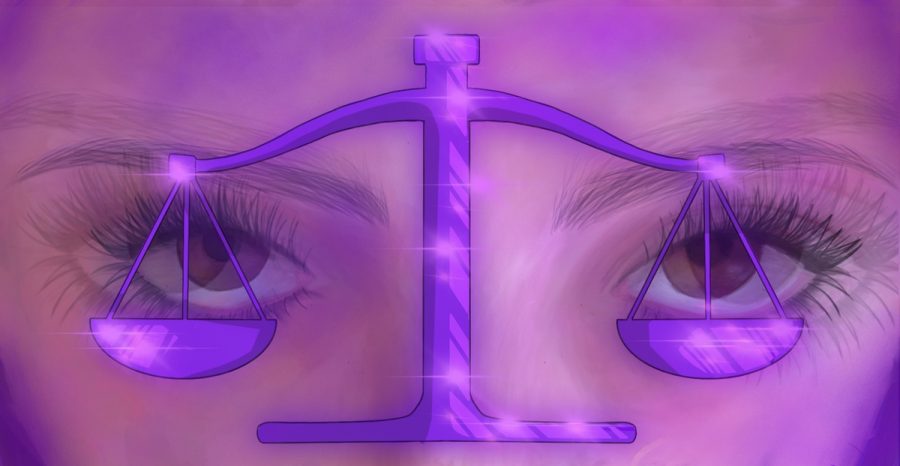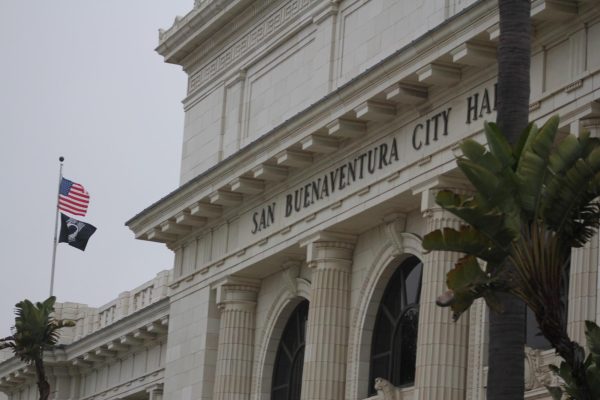FOOTHILL TECH LAW REVIEW: Dobbs vs. Jackson Women’s Health
Lila Ettedgui-Scott
A brief legal analysis of watershed decision Dobbs v. Jackson for the Foothill Tech Law Review.
September 18, 2022
Dobbs vs. Jackson’s Women’s Health Organization et al. is the Supreme Court decision that overturned Roe v. Wade, the case that legalized abortion in 1972, ending federal protection for abortion rights and leaving it up to the state legislators to decide how to regulate abortion.
It started in 2018 when the Mississippi state legislature passed the Gestational Act which prohibited abortions after 15 weeks, about two months earlier than Roe v. Wade permitted. There was only one abortion clinic in Mississippi at the time: the Jackson’s Women’s Health Organization.
When the Gestational Act passed, Jackson’s Women’s Health Organization and one of its doctors, Sacheen Carr-Ellis, sued Thomas Hobbs, state health officer with the Mississippi State Department of Health and Kenneth Cleveland, executive director of the Mississippi State Board of Medical Licensure, to block the legislation from taking effect.
Jackson’s Women’s Health Organization et al. vs. Dobbs et al. challenged the constitutionality of the act in Federal Court, which ruled in favor of Jackson. The Fifth circuit court heard the case next and affirmed the Federal Court’s decision to strike down the act, Dobbs appealed the ruling again and the case went to SCOTUS.
Renamed Dobbs vs. Jackson, SCOTUS ruled on the basis of a legal principle called stare decisis, “to stand by things decided.” When a court applies stare decisis it makes decisions based on past decisions as the same level, commonly known as precedent. Roe v. Wade (1972) and Casey v. Planned Parenthood (1992) were the two controlling decisions on abortion. The court reviewed the quality of the reasoning in Roe and reevaluted whether abortion rights can be rightfully derived from the text of the Constitution to determine if stare decisis applies: if the court should change it’s stance on abortion or stand by things decided.
The majority found that the regulation of abortion is not a sex-based classification, but rather a health and safety measure. There, the strict scrutiny standard doesn’t apply which would require the court to exercise extra discretion and apply the Fourteenth Amendment’s due process clause.
Simply, the court did not review abortion as a women’s issue or a matter of personal liberty, so the Fourteenth Amendment did not apply. This is fairly consistent with the court’s historical reasoning on abortion. The late Justice Ruth Bader Ginsburg once remarked that she was “troubled” by Roe’s focus on privacy rather than women’s rights.
The majority didn’t see the right to abortion as a matter of privacy in Dobbs, but rather the very practice of abortion as a moral dilemma that should be left up to smaller sections of society to decide. Dobbs vs. Jackson was about the central conflict between a strong federal government to protect the rights of vulnerable persons or a more directly democratic process at the state level, whether or not the majority faction restricts the rights of the minority.
The dissenting Justices expressed great concern about the “minority faction”: “Whatever the exact scope of the coming laws, one result of today’s decision is certain: the curtailment of women’s rights, and of their status as free and equal citizens. Yesterday, the Constitution guaranteed that a woman confronted with an unplanned pregnancy could (within reasonable limits) make her own decision about whether to bear a child, with all the life-transforming consequences that act involves. And in thus safeguarding each woman’s reproductive freedom, the Constitution also protected ‘the ability of women to participate equally in [this Nation’s] economic and social life.’”
Justice Kavanaugh raised an important issue in his concurring opinion. What if a state prevents its residents from traveling to another state to obtain abortions? Or attempts to prosecute her, him or them for obtaining an abortion in another state where abortion is permitted? In his view, based on the constitutional right to interstate travel, a state cannot stop or prosecute a resident for traveling into another state for an abortion.
It is questions like these SCOTUS will likely review in the near future, even though it seems like, for now, SCOTUS is not willing to rule on the legality of abortion for the entire nation.
Justice Sonya Sotamayor raised another important concern about the decision during the hearing about the political nature of the case. She feared that the court was making a watershed decision based on public pressure instead of legitimate legal concerns.
The circumstances surrounding Dobbs v. Jackson were far from ideal, from the Politico leak, to the way the new, perhaps more politicized, makeup of the court affected the decision (Justice Amy Coney Barrett expressed her skepticism of Roe during her appointment hearing).
Now, as for the future of abortion rights in America, it’s, as Justice Samuel Alito stated, “up to the states to decide.”













